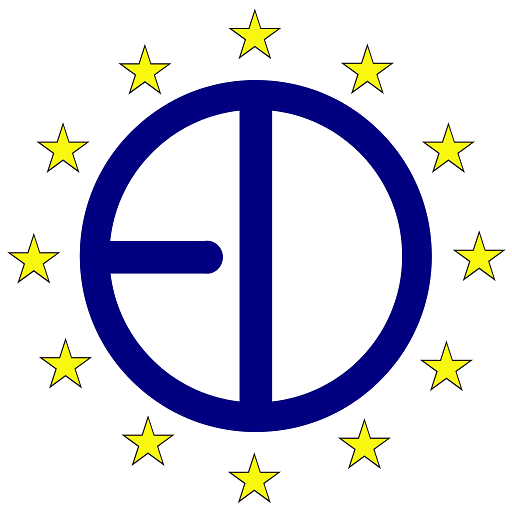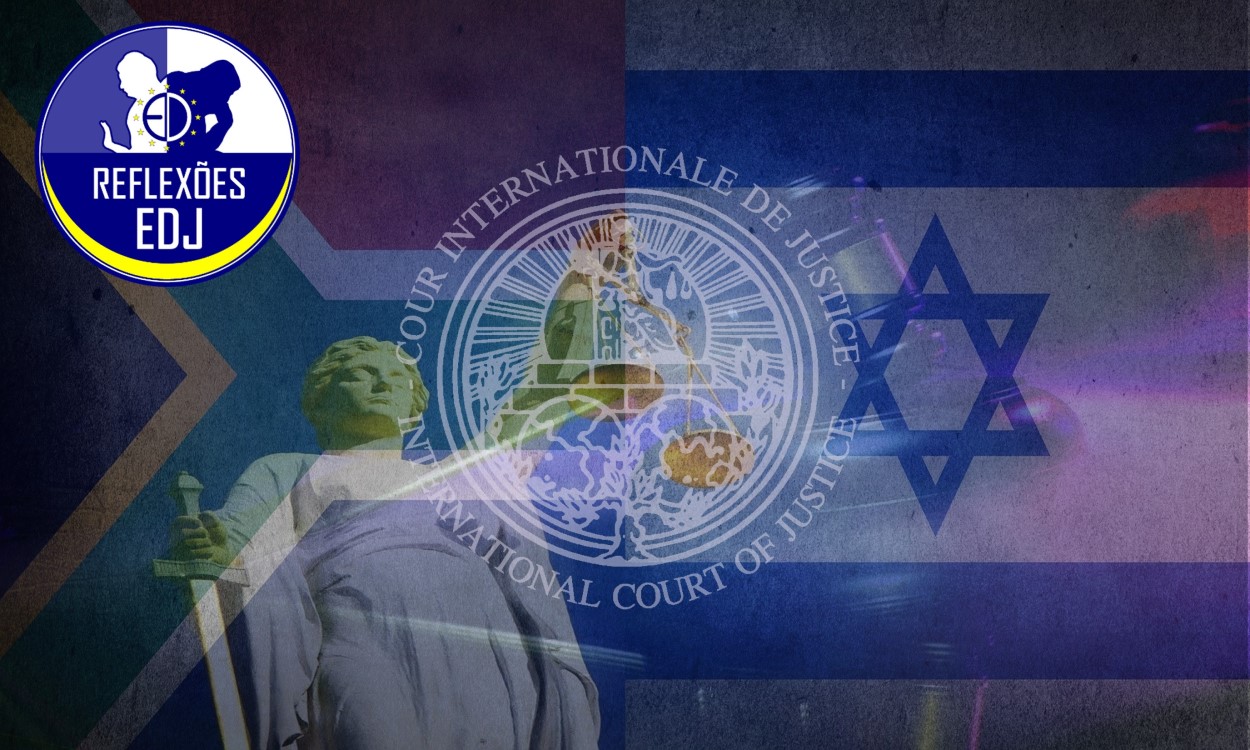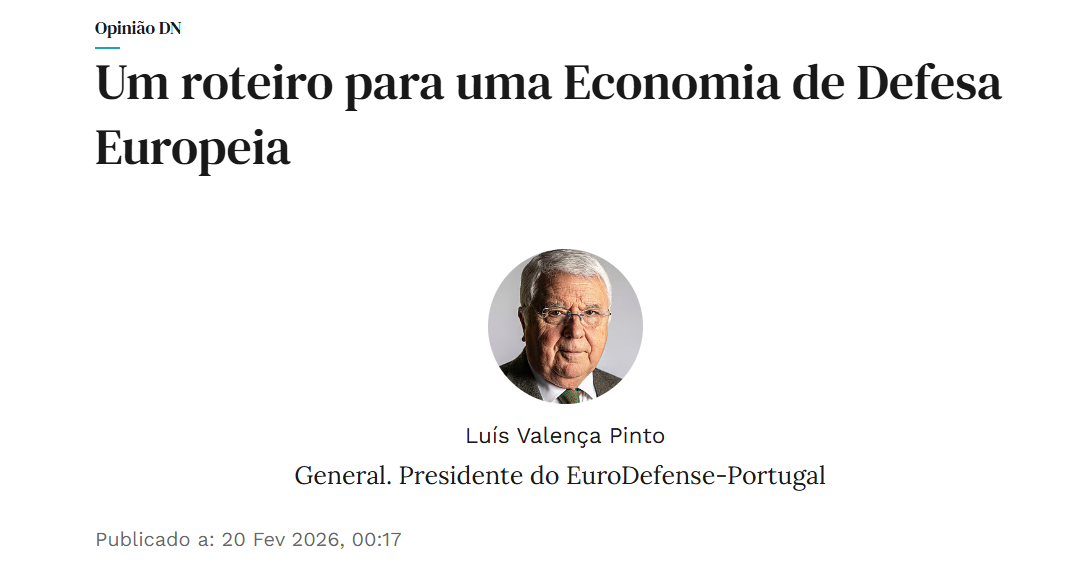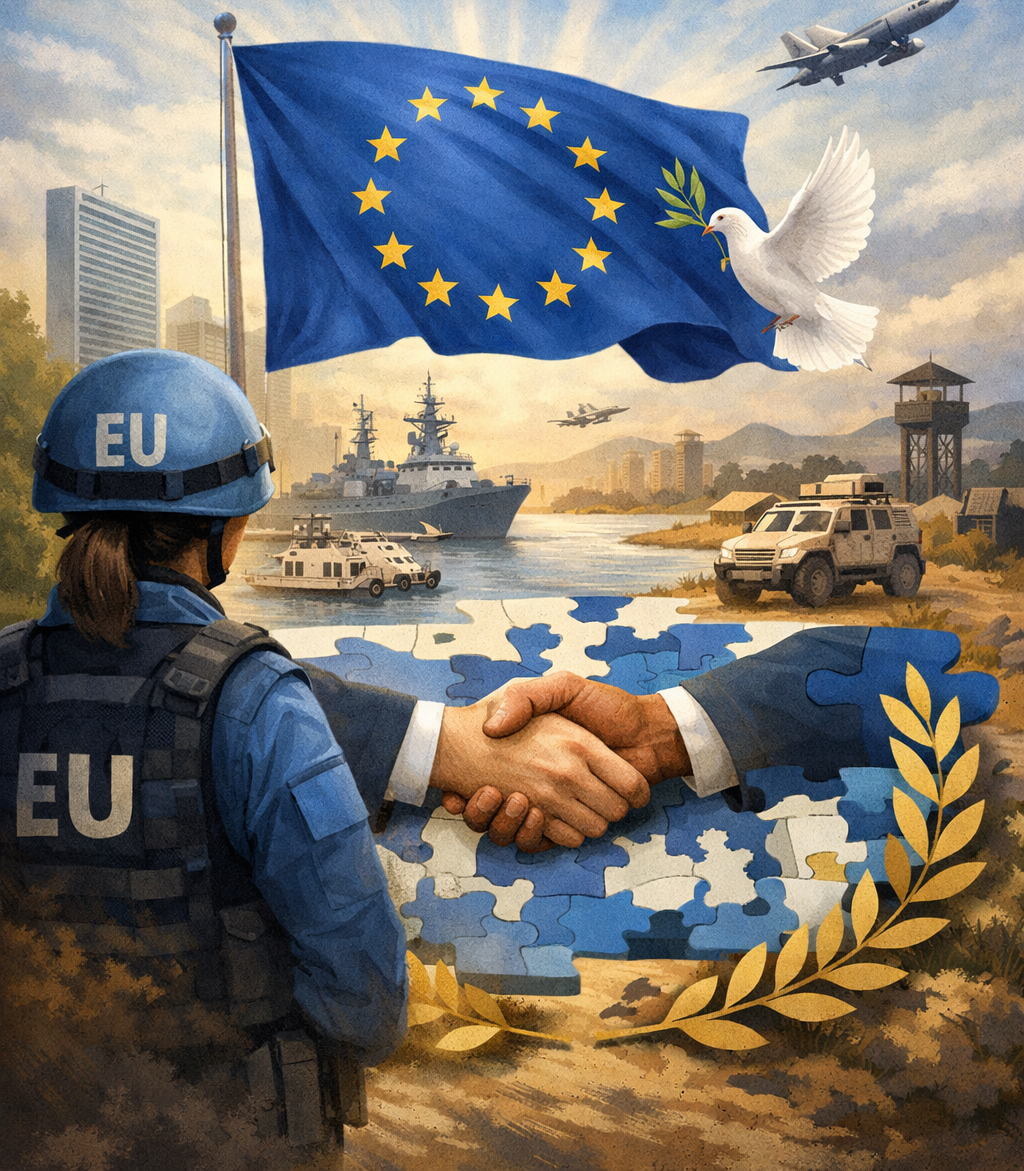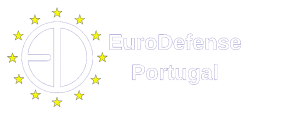A glimpse into the limitations of International Law?
Introduction
On 9 December 1948, in the aftermath of the events of the Second World War, the General Assembly of the United Nations adopted the Convention on the Prevention and Punishment of the Crime of Genocide, the first human rights treaty adopted by the General Assembly of the United Nations, signed by 41 states, including the newborn state of Israel.
On the 75th anniversary, on 29 December 2023, the Republic of South Africa filed an Application with the Registry of the International Court of Justice instituting proceedings against Israel concerning alleged violations of the Genocide convention.
This essay intends to analyse the arguments presented at the initial stage of the proceedings, including the order of provisional measures indicated by the Court, and its implications for both the future of international litigation and the de-escalation of conflict in the middle east region.
South Africa v. Israel
According to the Convention on the Prevention and Punishment of the Crime of Genocide e (hereinafter the “Genocide Convention” or “Convention”) the parties have an obligation not only to not commit, but also to prevent and punish the practice of genocide (Genocide Convention, Article I). During the initial stage of the proceedings, South Africa appealed precisely to the violation of such obligations by the state of Israel, invoking mostly the Articles I and II of the Convention (Genocide Convention, 1948). It must also be clarified that at the initial stage, the International Court of Justice (henceforward, ICJ) needs not to decide on the merits of the Case, but on the request for the indication of provisional measures.
In this case, South Africa’s request consisted of nine provisional measures to be taken by the state of Israel, including to “immediately suspend its military operations in and around Gaza”, (CR 2024/1, p. 83-85) but also to grant and permit humanitarian assistance and to submit a report to the Court on all measures taken to give effect to the Order.
According to the own jurisprudence of the ICJ, for the indication of the provisional measures to take place, five conditions have to be met: first, there should be prima facie jurisdiction, second, there must be a link between the measures requested and the rights underlying the main claim, third consist of the plausibility of the rights that are claimed, and fourth and fifth, there must be a risk of irreparable prejudice capable of arising prior to the final determination of the dispute, and there must be urgency (idem, p. 74).
Therefore, the overall argument presented by the legal team of South Africa was indeed a solid case, established in a large number of Court’s precedents, but one that sustained itself most emphatically on the Ukraine v. Russian Federation (2022), the Bosnia and Herzegovina v. Serbia and Montenegro (1993), and The Gambia v. Myanmar (2020) cases, due to its similarities in regards to the narrow scope of Convention jurisdiction.
One more thing needs to be said about South Africa’s argument: despite the considerable amount of jurisdiction invoked as case law, the level of difficulty of its case rested upon the burden of proof, in this case, the plausibility of genocidal acts. That plausibility rests on the verification of genocidal intent by the State of Israel. This question is fundamental to the whole case, as it is a requirement for an act to be considered genocide (despite the current objective of the proceedings not being a decision on the merits) and it is intimately linked with the all the other requirements. Plausibility of genocidal intent is required to demonstrate that the acts perpetrated by Israel fall within the scope of Genocide Convention, and therefore establishes the prima facie basis and the other necessary conditions.
To prove this point, South Africa did an exceptionally remarkable work. In addition to presenting the statistics known by all regarding the dire humanitarian situation in Gaza from agencies internal to the UN, also drawing on the parallel with recent ICJ cases, declaring the unprecedent character of the present catastrophe and complementing with the statements of renowned Israelian authorities, included statements from the Prime Minister, the President, the Minister of Defence, the Minister of National Security, senior army officials and foot soldiers (CR 2024/1, p. 41).
The state of Israel in its round of oral argument contested primarily the good faith of the state of South Africa, emphasizing the inexistence of a dispute in the first place due to the Israel’s openness to bilateral diplomacy and the tentative of communication with South Africa prior to the presentation of Application (CR 2024/2, p. 26-28).
Israel most appealing claim was undoubtedly the inexistence of genocidal intent, presented in three main fronts, namely: first the moral effort to continue providing Humanitarian assistance as obliged by International Humanitarian Law (henceforth, IHL) as evident by the increase of humanitarian assistance in the present compared against the time prior to the war and the actions of OCGAT and the collaboration with humanitarian aid organizations (CR 2024/2, p. 50-53) , secondly, the proper re-contextualization of Israel authorities’ statements, as well as the investigation and condemnation of unlawful acts by soldiers (CR 2024/2, p. 32-35), and thirdly, the moral concern to use force according to the principles of IHL, targeting military bases, tunnels as much as it is permitted by Hamas conduct instead of civilians, hospitals, and notifying with a proper time and instructions the Palestinian people in Gaza of upcoming attacks (CR 2024/2, p. 44-46).
Therefore, Israel refuted both the premises genocidal intent and risk of irreparable harm and prejudice, placing an emphasis on the defence of Israel rights in regards to the equality of rights of both parties, taking into consideration the context of the IHL violating conduct of the opposing group that is not party to the conflict, and therefore regarding the case as ultimately within the scope of IHL instead of the scope of the Genocide Convention.
Ultimately, the Court did not decided in favour of the suspension of the armed conflict, but indicated five provisional measures to be followed by the state of Israel, namely prevent and punish the acts of genocide as defined in the Article II of the Convention (Genocide Convention, Article II) vis-à-vis the Palestinian group in the Gaza strip, take immediate action to enable the provision of humanitarian assistance, prevent the destruction of evidence and submit a report to the Court an all measures within one month (Order of 26 January 2024 :p. 24-26).
Consequences and apparent limitations of International Law
In the end, the outcome was scarcely surprising. As predicted by most experts in the international community (Opinio Juris, 2024), the question of genocidal intent remains in dispute, and the Court decided not to indicate of the suspension of military operations. The South Africa remarkable team presented an interesting case, however, and while the ICJ may not rule for Genocide regarding the merits, Israel has certainly to take into more scrutiny its actions in Gaza, or it might subject itself to international isolation (Oona Hathaway, 2024).
It is interesting however to have a look at the similarities between both the dissenting opinion of Judge Sebutinde and the separate opinion of Judge ad hoc Barak and the opinion of the international law community. Both judges and most of the international community seem to conclude that Genocide may not be the right frame for the facts at hand, as the framing of the case in these terms may lead to let Israel off the hook for any violations of other bodies of international law that might provide a more obvious framing for the conflict (Just Security, 2024).
However the framing of the case in terms of IHL carry other risks namely, the uncertainty of agreement and complexity of definition of the terms used e.g., self-defence and proportionality (European Journal of International Law, 2023) and the limitations of international court jurisdiction (Rebecca Ingber, 2024).
Investigating the former questions more intimately one can start to see the limitations of IHL and its dependence on the ethical positions of the judge at hand. The question at hand is certainly a complicated matter and any adopted stance of the parties on the conflict necessarily rejects the others, as if the mere existence of one party contradicts the existence of other. made clear even by such a reputable person as Judge Barak “Hamas is thus an existential threat to the state of Israel” (Separate opinion of Judge ad hoc Barak, 2024). The question is complex in such way that it may seem incomprehensible to the inhabitants of the western liberal societies of today, that do not dispose of the means to make that conflict intelligible to oneself. To simply understand the conflict let alone have a means of resolution, the international community must recognize the limitations of IHL and adopt an alternative standpoint, one that is not neutral but impartial, ethically, and legally justified, promoting as maximum as possible their definition of peace – such as a two-state solution, for example. This is not an inference on the uselessness and abandonment of the IHL, however. As the Professor Emily Crawford explains while the international legal system is flawed, “the introduction of rules to minimize and to limit this kind of behaviour has gone a huge way to actually achieving its aim of minimizing and getting rid of this behaviour.” (War Studies, 2024). But the topic of the limitations of IHL and the necessity of an ethical counterpart to an alternative international dispute resolution is a matter that merits further exploration in another article.
12 de fevereiro de 2024
Alberto Ferreira
EuroDefense Jovem-Portugal
Bibliography
Convention on the Prevention and Punishment of the Crime of Genocide (adopted 9 December 1948, entered into force 12 January 1951). UNTS, Vol. 78,Article I.https://www.un.org/en/genocideprevention/documents/atrocity-crimes/Doc.1_Convention%20on%20the%20Prevention%20and%20Punishment%20of%20the%20Crime%20of%20Genocide.pdf
International Court of Justice. (2024, January 11). CR 2024/1, p. 83-85. https://www.icj-cij.org/sites/default/files/case-related/192/192-20240111-ora-01-00-bi.pdf
International Court of Justice. (2024, January 11). CR 2024/1, p. 74. https://www.icj-cij.org/sites/default/files/case-related/192/192-20240111-ora-01-00-bi.pdf
International Court of Justice. (2024, January 11). CR 2024/1, p. 41. https://www.icj-cij.org/sites/default/files/case-related/192/192-20240111-ora-01-00-bi.pdf
International Court of Justice. (2024, January 12). CR 2024/2, p. 26-28. https://www.icj-cij.org/sites/default/files/case-related/192/192-20240112-ora-01-00-bi.pdf
International Court of Justice. (2024, January 12). CR 2024/2, p. 50-53. https://www.icj-cij.org/sites/default/files/case-related/192/192-20240112-ora-01-00-bi.pdf
International Court of Justice. (2024, January 12). CR 2024/2, p. 32-35. https://www.icj-cij.org/sites/default/files/case-related/192/192-20240112-ora-01-00-bi.pdf
International Court of Justice. (2024, January 12). CR 2024/2, p. 44-46. https://www.icj-cij.org/sites/default/files/case-related/192/192-20240112-ora-01-00-bi.pdf
International Court of Justice. (2024, January 26). Order of 26 January 2024 : 24-26. https://www.icj-cij.org/sites/default/files/case-related/192/192-20240126-ord-01-00-en.pdf
Convention on the Prevention and Punishment of the Crime of Genocide (adopted 9 December 1948, entered into force 12 January 1951), UNTS, Vol. 78, Article II. https://www.un.org/en/genocideprevention/documents/atrocity-crimes/Doc.1_Convention%20on%20the%20Prevention%20and%20Punishment%20of%20the%20Crime%20of%20Genocide.pdf
Sterio, M. (2024, January 27). “The ICJ’s Provisional Measures Order in the South Africa v. Israel Case: Unsurprising; Politically and Legally Significant”. Opinio Juris. Retrieved from: https://opiniojuris.org/2024/01/27/the-icjs-provisional-measures-order-in-the-south-africa-v-israel-case-unsurprising-politically-and-legally-significant/
Hathaway, O. (2024, January 26). “Top Experts’ Views of Int’l Court of Justice Ruling on Israel Gaza Operations (South Africa v Israel, Genocide Convention Case)”. Just Security. Retrieved from: https://www.justsecurity.org/91457/top-experts-views-of-intl-court-of-justice-ruling-on-israel-gaza-operations-south-africa-v-israel-genocide-convention-case/
Milanovic, M. (2023, November 14). “Does Israel Have the Right to Defend Itself?”. European Journal of International Law. Retrieved from: https://www.ejiltalk.org/does-israel-have-the-right-to-defend-itself/
Ingber, R. (2024, January 26). “Top Experts’ Views of Int’l Court of Justice Ruling on Israel Gaza Operations (South Africa v Israel, Genocide Convention Case)”. Just Security. Retrieved from: https://www.justsecurity.org/91457/top-experts-views-of-intl-court-of-justice-ruling-on-israel-gaza-operations-south-africa-v-israel-genocide-convention-case/
International Court of Justice, (2024, January 26). “Separate opinion of Judge ad hoc Barak”. Retrieved from: https://www.icj-cij.org/sites/default/files/case-related/192/192-20240126-ord-01-05-en.pdf Crawford, E. (2024, January 22). “Israel-Hamas war: The rules of armed conflict with Professor Emily Crawford”. War Studies. Listened in: https://open.spotify.com/episode/0BN4eQR9tNuQHHtN1dUXLs?si=7e07d77ffa494cd7
NOTA:
- As opiniões livremente expressas nas publicações da EuroDefense-Portugal vinculam apenas os seus autores, não podendo ser vistas como refletindo uma posição oficial do Centro de Estudos EuroDefense-Portugal.
- Os elementos de audiovisual são meramente ilustrativos, podendo não existir ligação direta com o texto.
